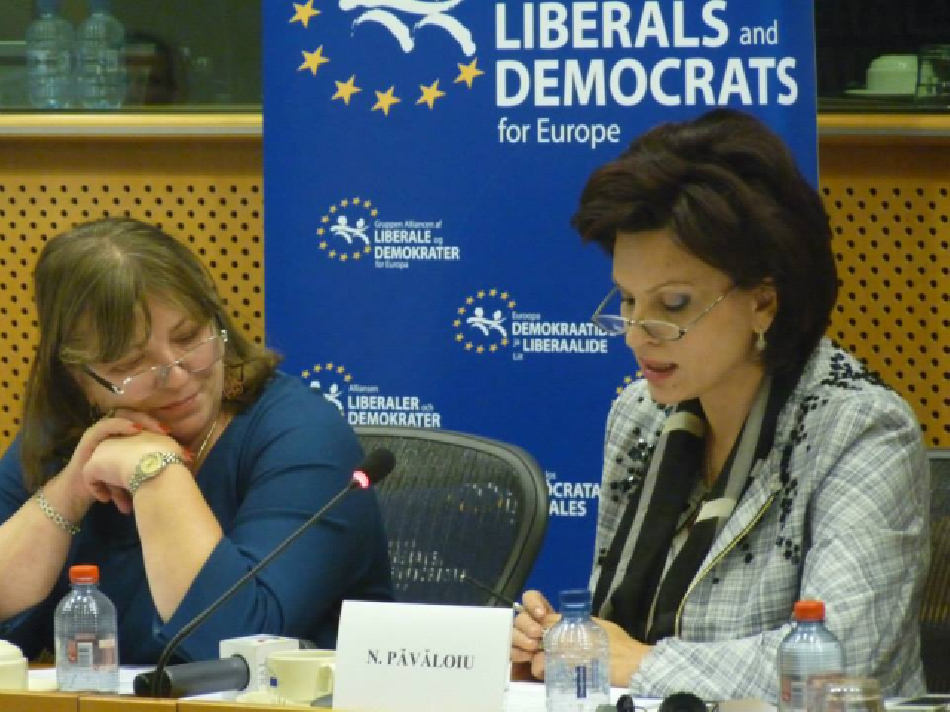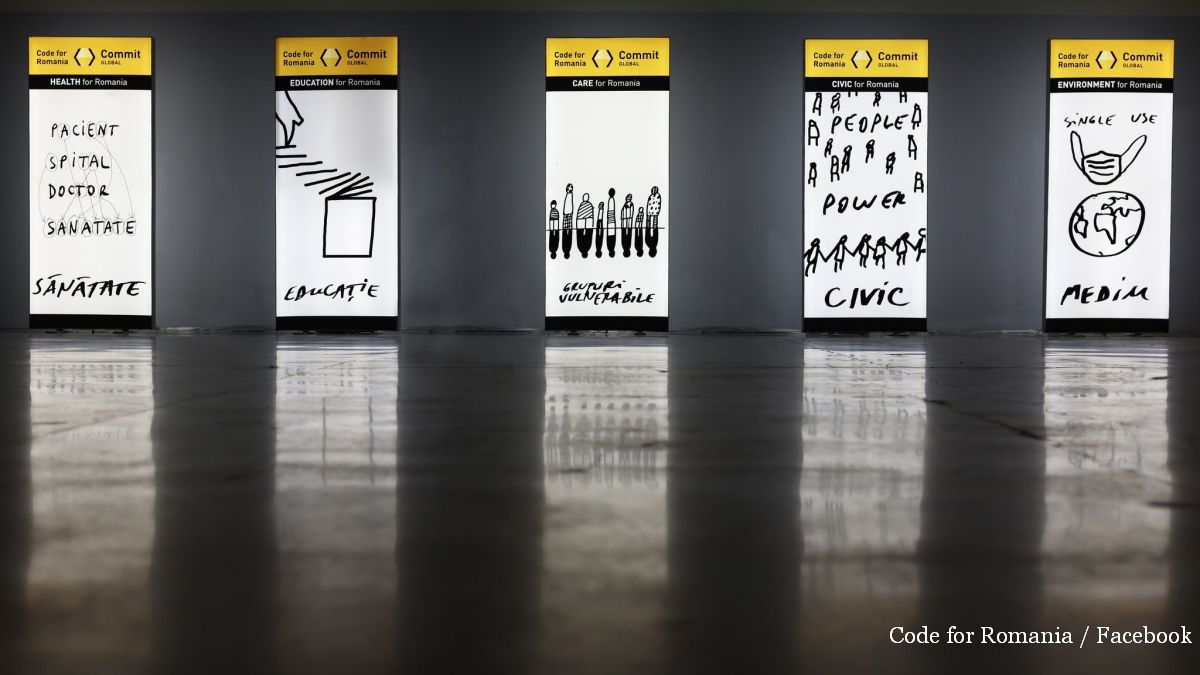The situation of Romanian language media abroad
Proper access to information in the Romanian language for ethnic Romanians abroad is still to be achieved, says the Forum of Romanian Journalists.

Corina Cristea, 11.10.2013, 12:21
State mechanisms to support minority language news media based on strict and objective criteria and applying to all forms of mass communication have yet to be created in the non-EU states that are home to large communities of ethnic Romanians. The financing of media outlets is still subject to discrimination, with only pro-governmental publications receiving support. These are but some of the observations laid down in a report on the situation of news media in the Romanian diaspora drawn up by the International Forum of Romanian Journalists. The document also contains a brief account of certain aspects pointing to the precarious situation of the Romanian language press in Romania’s neighbouring states that are home to large communities of ethnic Romanians.
This report has recently been presented in Brussels during a debate on the preservation of Romanian culture outside Romania’s borders initiated by the euro MP Norica Nicolai. She says she may request that the start of accession talks with Serbia concerning the chapter on culture be made conditional on the visible improvement of the situation of the Romanian ethnic community in this area.
Norica Nicolai: “As far as Serbia is concerned, I think now is the time to do something for the Romanian community in this country. If we continue to support Serbia unconditionally in opening more EU accession chapters, the Romanian community will probably receive the same discriminatory treatment from the Serbian state. The talks on chapter 23 concerning culture are due to start and I intend to send letters to my colleagues to ask them to make the start of these talks conditional on real commitment from Serbia and the implementation of its obligations.”
This position follows Serbia’s failure to respect its commitment to introduce the study of the Romanian language in the schools in Timoc Valley as of September 1st based on a manipulative survey of ethnic Romanian children in the area that created international confusion. Here’s Norica Nicolai again about the position of the Serb authorities on the fulfilment of their commitments related to ethnic minorities.
Norica Nicolai: “Their response is incomplete and embarrassing. They even made up a new language in this manipulative survey, the so-called ‘Vlach dialect’. Not to mention that this survey must have undoubtedly been carried out in communities where the Romanian ethnic population is not in the majority, thus preventing access to the Romanian language for the children in Timoc Valley. This is not fair, and the situation has been inaccurately presented in Brussels by the Serb government in a manipulative and disingenuous way.”
Although the ethnic Romanian community in Vojivodina benefits from mass-media in the Romanian language, in north-eastern Serbia, an area known as Timoc Valley, there is basically no print publication in Romanian, and radio and television programmes are irregular. Ethnic Romanians in Timoc say they have no access to information, as there are no radio and television programmes in Romanian, and call on the Serbian authorities to solve the problem and implement the same model as in Vojvodina as far as ethnic minorities are concerned.
The situation isn’t much better in the break-away region of Transnistria, in the majority Romanian speaking Republic of Moldova, where there is no news media in Romanian, and all public communication is done using the Cyrillic alphabet. Polina Cupcea, from the daily National in Chisinau, explains.
Polina Cupcea: “In Transnistria there is basically no kind of news media in the Romanian language. Romanian journalists are often banned access at the Bender-Tiraspol crossing point. The journalists working for the print media have to hide their equipment, and TV journalists have to cross the border by boat because in order to hide their equipment. This is discouraging for journalists, who are no longer interested in writing articles about Transnistria.”
Broadcasts in Romanian are also a problem for the ethnic Romanians in the region of Chernowitz and across Ukraine. The shows in Romanian are restricted to a few minutes per day, during daytime, when most people are at work, while the reception of Romanian TV stations is very expensive, which means the Romanian ethnic population in the region is practically cut off from its country of origin.
As for Hungary, international teams consisting of various media institutions and representatives of national minorities have repeatedly warned that Hungary’s new media law poses serious threats to the freedom of the press.
The report by the International Forum of Romanian Journalists also writes that there are no radio or television programmes in the Romanian language in Bulgaria.
Emphasising the importance of the use of the national language in the administration, in schools and in the media, Norica Nicolai has called for real support from the authorities in Bucharest in the form of a medium and long-term strategy to promote Romanian culture and identity.






























